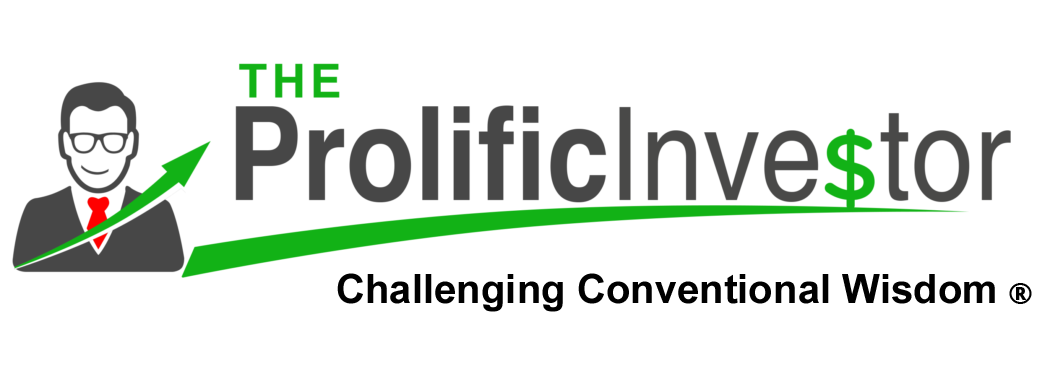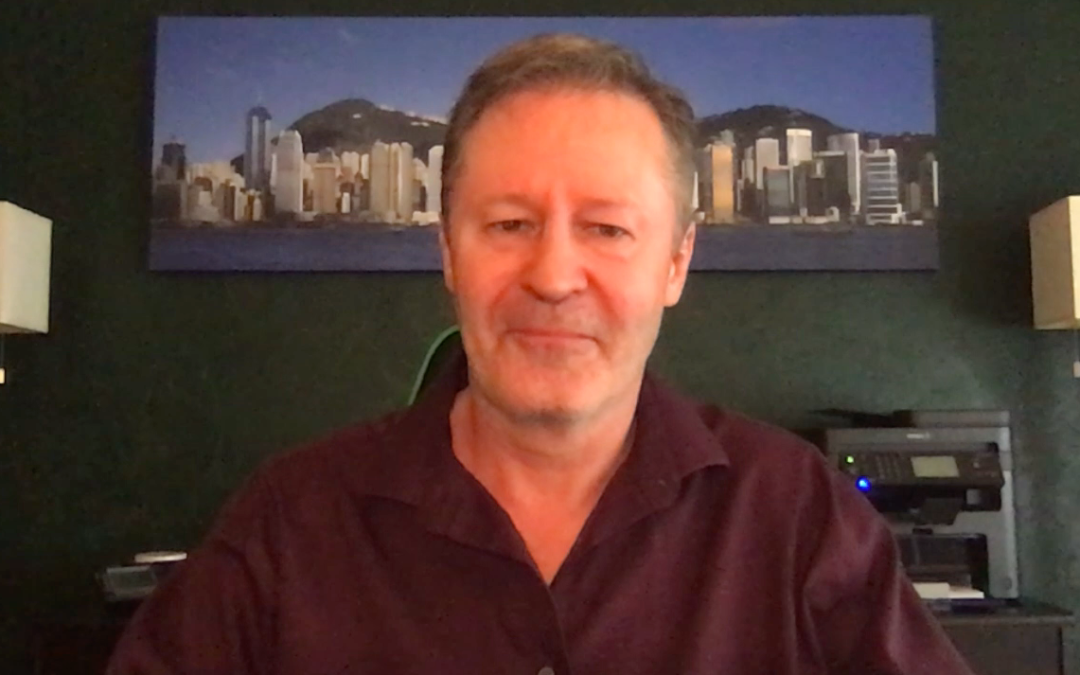Today’s topic is Reserves, Reserves, Reserves. Before I get started, I hope everyone is safe and making the best of this COVID-19 Pandemic. I’m here in Washington State staying pretty close to home and keeping up on the latest science on the virus and its implications as well as taking care of some long overdue home, car, and motorcycle projects.
One of my favorite authors, Robert Kiyosaki, says that we don’t learn from our successes; we learn from our mistakes and failures. The negative emotions that result from our mistakes and failures lock them into our memory. All of us can probably think of a difficult time in our personal or business life and remember saying, “I’ll NEVER let that happen again!” The pain and discomfort associated with mistakes and failures cause us to change the way we do things in the future, so that we NEVER have to go through that experience again. It’s the old avoidance-of-pain principle.
So here we are in 2020 in the middle of this pandemic, and some of us are probably experiencing negative emotions around areas where we weren’t prepared for this. This could be financially or just in the area of having extra food and supplies on hand. I know this pandemic has highlighted some areas that I need to work on to be prepared for the next “thing” that comes along, whatever it is.
Today, I want to focus on reserves. Reserves, reserves, reserves. So, what are reserves or cash reserves anyway?
According to Investopedia, cash reserves is money that a company or individual keeps on hand to meet short-term and emergency funding needs. Reserves are held in short-term investments that enable customers to quickly gain access to their money, often in exchange for a lower rate of return. Examples include money market funds and Treasury Bills.
Reserves are sometimes referred to as an emergency or rainy-day fund. Most of us have probably heard that we should have three-to-twelve months of cash reserves in the bank but how many of us actually do? If your monthly bills total $5,000, you should have $15,000 to $60,000 in the bank or some other short-term, liquid investment. I know that’s a lot of money but stay tuned; I’m going to give you some ideas in a minute. If you had these types of reserves, you could live for three-to-twelve months without a single source of income. Think about it – pandemic, earthquake, tornado, laid off, fired, etc. etc. etc. Sure, you’ve got problems but paying your bills is not one of them. I think it’s pretty safe to say that with all the problems brought on by this pandemic, if all of us had three-to-twelve months of cash reserves in the bank, the resulting financial peace of mind would make this whole situation much more bearable.
This article isn’t meant to beat up on anybody. If you don’t have enough reserves, you certainly aren’t alone, especially if you’re an American. Of the countries where the top savers live, the United States isn’t even in the top ten.
When this pandemic is behind us, there will be a lot of GOOD things that come out of it in terms of how we run this country from both from a personal and business standpoint, and my hope is that “having personal and business reserves” is one area where we make some changes going forward.
Unfortunately, there’s no magic formula for accumulating three-to-twelve months of cash reserves. You simply have to make it a priority and save the money. In true Prolific-Investor fashion, I’m going to give you three unconventional ideas for building your cash reserves:
- Stop contributing to your 401K and IRA! If you don’t have three-to-twelve months of cash reserves, YOU SHOULD STOP CONTRIBUTING! Yes, give up the tax breaks and the company match until you’ve hit your reserve goal. Depending on your age, the 401K/IRA money is for your financial needs decades down the road. You need to take care of the unexpected emergency that could happen next week, next month, or next year FIRST. Only then, should you start investing for the distant future. Some of you could fund a big portion of your reserves just by pausing your 401K and IRA contributions for twelve months.
- Start a Family Bank. See Blog #19 on how to reduce your household budget by 34.5% with a family bank.
- Reduce your tax burden. See Blog #20 about how as a W-2 employee, you pay the highest taxes. Even if you’re not a W-2 employee, I can almost guarantee you’re paying more taxes than you need to. Read Tom Wheelwright’s book Tax-Free Wealth: How to Build Massive Wealth by Permanently Lowering your Taxes.
Interest and taxes are the two biggest expenses in most households, so take the money you can save in these two areas and start building your cash reserves.
Thanks for reading. If you have a topic, you’d like me to cover, leave a comment below or send me a message via the contact form. Stay safe, and remember, when you make better financial decisions, someday you can make work a choice instead of a necessity.


You always have to anticipate the bad times ahead. They always come so you always have to keep some reserves. Thanks for providing the focus, Chris.
Thanks Ray! As a business owner and realtor, you’re probably very aware of cycles.
Hi Chris.
To go along with what you’ve correctly described is what I call applying Maslow’s hierarchy of needs to our lives. The cornerstone of our needs, not wants, are basic things such as physiological and safety. Instead what we see in current times are focus on psychological and self-fullfillment needs. Try living off of those needs.
I watched the news recently portray the food lines and noticed many cars in line far nicer than the one I drive. My take on this is someone seriously mis-managed their income/finances and decided to disregard their basic needs. I can only hope people learn.
Your ideas on how to save more are great ideas. I’d add that an analysis of expenses could yield more ways to save and possibly keep the ability to contribute to a 401K with employer matching intact.
#1 – no eating out. Biggest waste of you hard earned money.
#2 – drive a reasonable econo box. Go ahead, roll a window up.
#3 – no expensive vacations. Get a tent.
#4 – get the cheapest cell plan out there
#5 – cut the cord
#6 – wear your clothes until they are actually worn or won’t clean up any longer
#7 – limit indescriminate driving, combine trips
#8 – stop giving gifts, give your time or a card
#9 – no more booze
#10 – I could go on…
When your nest egg starts to grow decide what you want to add back in.
I’ll leave you all with my favorite military saying, “Toughen up, embrace the suck.”
Thanks for the comment Mark! I agree totally; there are lots of ways to build those reserves, and you’ve provided a great list. And as you say, your suggestions could help keep those 401K contributions going. It’s kind of like the best workout; it’s the one you’re going to do regularly. Interesting you mentioned Maslow’s hierarchy of needs. When I think about it, having reserves actually ensure you don’t fall off Maslow’s first level. Love the quote!